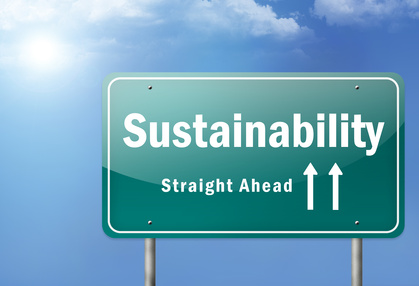National Plan for GHG emissions reduction at 2020
The Italian Minister for the Environment, Dr. Corrado Clini, presented yesterday the National GHG reduction plan for 2020 to the inter-ministerial committee for economic planning (CIPE). The plan is based on the EU targets and decarbonization strategy at 2050.
The measures include the creation of a ‘catalogue’ of technologies, systems and products for the decarbonization of the National economy; the introduction of a carbon tax (bringing resources to the Kyoto rotation fund); energy efficiency, distributed energy generation and development of smart grids and smart cities; green building and extension of the 55% tax credit for low carbon investments; the management of forests as carbon sinks and as a resource of biomass and bio-fuels.These objectives “are aligned with technological innovation – explained Clini – and with the need of renovation of the production chains, and give to the European economy the opportunity to compete with that of US, India, China and Brasil, Countries which are heavily investing in new and low carbon technologies”.
The proposals fall into the scope of the National plan for the reduction of GHG emissions which Italy needs to implement in order to reach the targets identified by the EU energy and climate package (20-20-20).[Source: Minambiente; Translation: MR Energy]



